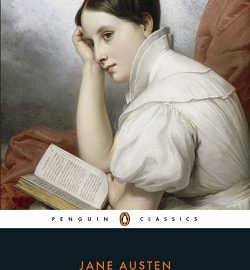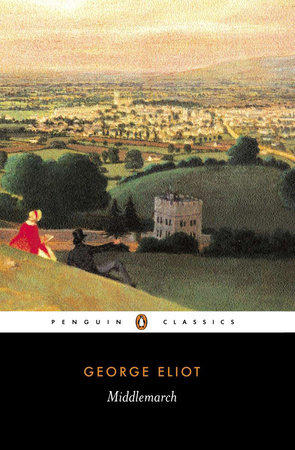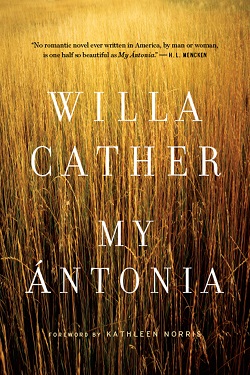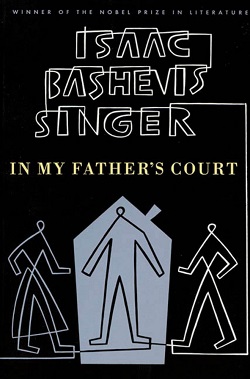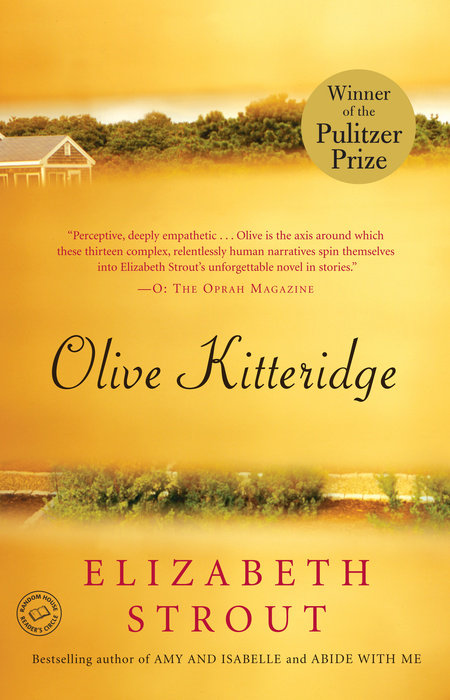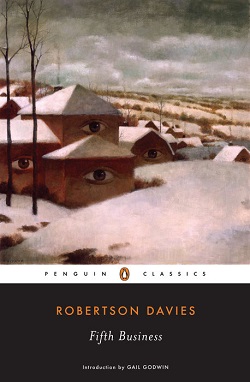There’s no shortage of books about the kind of passionate romances that cause women to go mad, men to embark on quests, and couples to cross heaven and earth to make out in the rain and live happily ever after. Love stories are an eternal favorite because of all the strong, satisfying, and generally warm and fuzzy feelings one gets from reading them. But the feelings one gets from real-life intense relationships are actually quite different. These 7 books are not only great, satisfying reads, but they show that making out in the rain is not a prerequisite for a great, satisfying love story.

